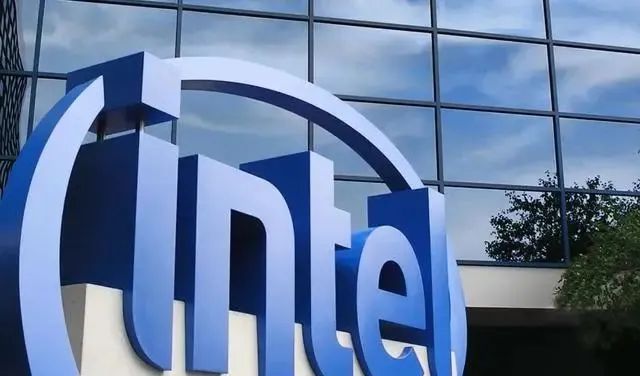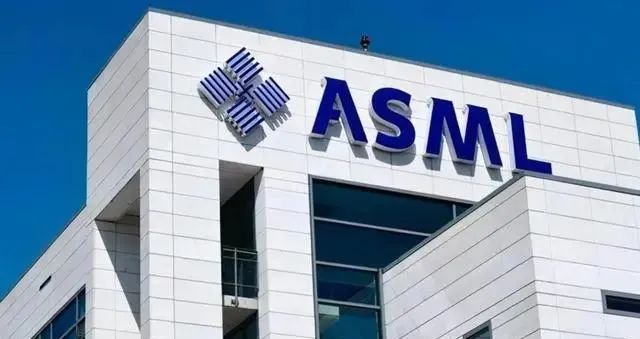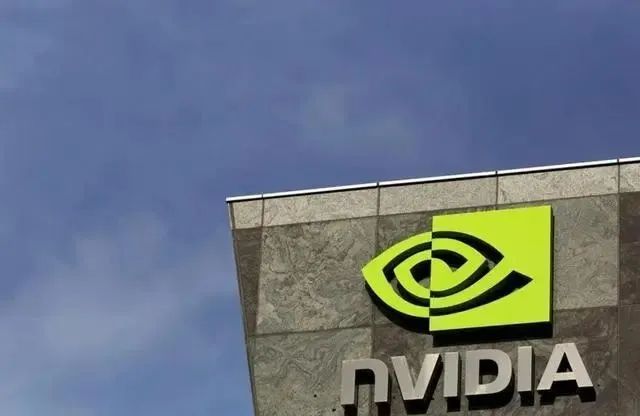It is reported that the chip and other rules were amended, more than 4,000 companies applied for free shipping, Qualcomm, ASML, etc. is to the United States issued a warning, TSMC is repeatedly clear statement.
Data show that Qualcomm because of the inability to free shipping losses of more than $ 8 billion, Micron losses of more than $ 2 billion, Intel, Nvidia, and TSMC and other losses are not small.

So Intel, Qualcomm and ASML and other companies jointly demanded over US$50 billion in subsidies from the US. The US Semiconductor Association, for its part, has said that the loss from not being able to ship freely exceeds US$150 billion.
Despite this, the US is still changing its rules to further constrain companies such as US chips.
For example, it requires more chips to be produced and manufactured locally, and requires Samsung, TSMC and others to hand over relevant chip data.
In addition, the United States asked ASML to further constrain the scope of international mainstream demand for lithography shipments, but also to Intel, Nvidia and AMD and other manufacturers issued a notice to tighten high-performance GPU shipments.

As a result, ASML was the first to come forward, stating that restricting DUV lithography would lead to disruptions in the global semiconductor chain. Righteous words.
Nvidia then said that limiting shipments would cause it to lose over 26% of its revenue and asked TSMC to speed up shipments, with over 5,000 chips to be shipped by the end of February next year.
Intel and AMD and other manufacturers said they would not give up the domestic market, otherwise, Intel would not only lose about 30% of its revenue, but also could not return to the world number one.
ASML, Nvidia and other chip giants are "up in arms", not only to show their attitude, but also to speak out against the reasons, because they may lose about 1/4 of their revenue.
Of course, ASML, Nvidia and others are leading the charge and have realised that the problem has changed fundamentally.
For starters, domestic manufacturers are reducing their reliance on imported chips.
Data shows that in the first eight months of this year, domestic manufacturers imported more than 54.5 billion chips, down significantly year-on-year. The average price price of these chips is $5, which is equivalent to a loss of more than 270 billion yuan for companies such as American Core.
If further restrained shipments, domestic manufacturers will further reduce the import of chips, the loss will be even greater.
It is important to know that the rapid growth of domestic chip companies, in addition to Huawei Xiaomi OV, etc., there are also many new chip companies, mainly engaged in chip research and development, design and manufacturing, etc.
The key is that most domestic chip companies are developing chips based on the RISC-V architecture, and 80% of RISC-V senior members are from domestic manufacturers, so much so that Intel and others have had to move in the direction of RISC-V.
Second, the number of domestic chips continues to increase.

Data shows that the number of domestic chips exceeded 190 billion in the first eight months of this year, but the major fabs are still actively expanding their production capacity, especially SMIC.
SMIC has invested over 170 billion yuan in production expansion and has expanded its production capacity for 28nm and other chips four times, with an expected new capacity of over 340,000 chips.
The domestic market has become ASML's third largest market, contributing over 14% of ASML's revenue, and is rapidly increasing, so ASML is naturally unwilling to give up.
What's more, the domestic 90nm lithography has made a breakthrough, and if ASML is further restrained from shipping, the market will naturally be further occupied by domestic lithography.
Finally, Shanghai has announced that domestic CPUs and other chips have made a breakthrough, plus, with domestic manufacturers developing chips based on the RISC-V architecture, it is only a matter of time before high-end GPU chips make a breakthrough.
That is to say, domestic manufacturers have reduced their dependence on imported chips, if they are further restrained shipments, Intel, Nvidia and AMD, etc. occupy the high-end market, will also be gradually lost.
So in the face of the new policy, the U.S. chip giants, such as they have resistance, ASML, Nvidia and other chip giants "up in arms".

